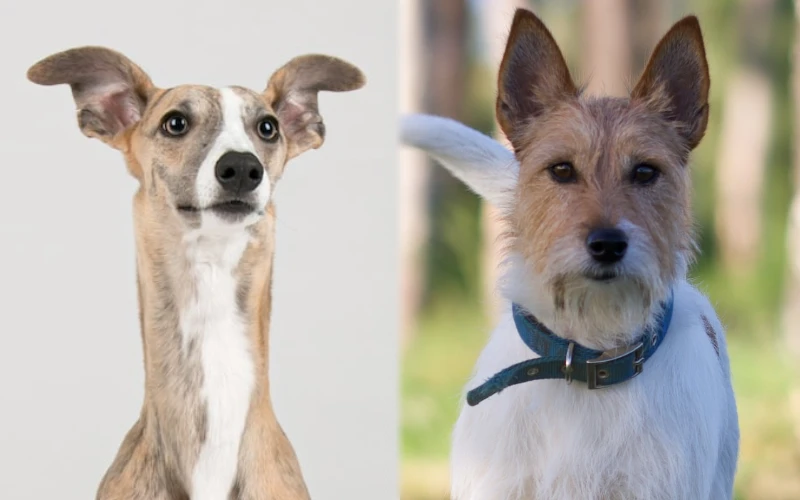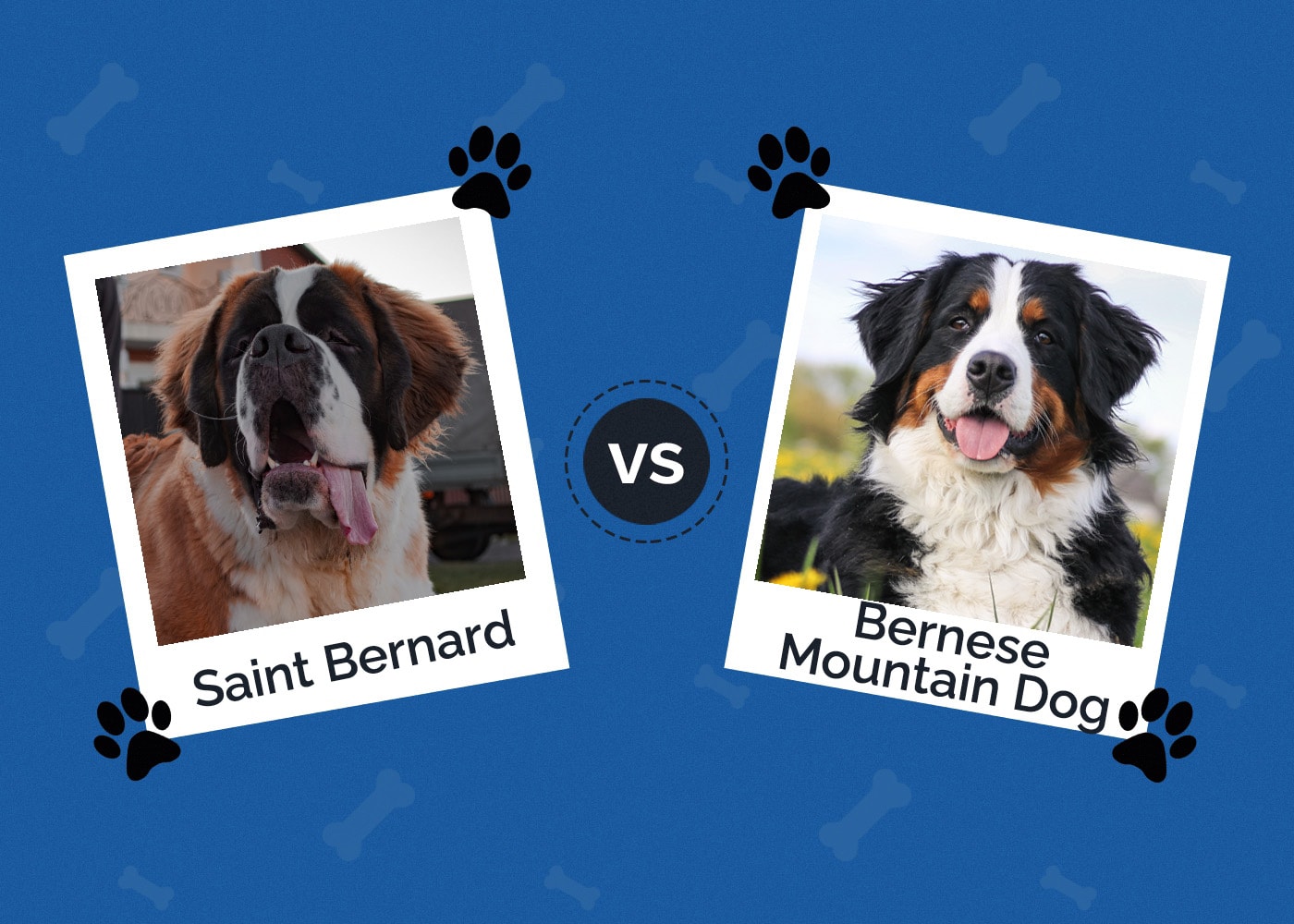Can Dogs Be Introverts? Vet-Approved Facts & FAQ
By Grant Piper
Updated on
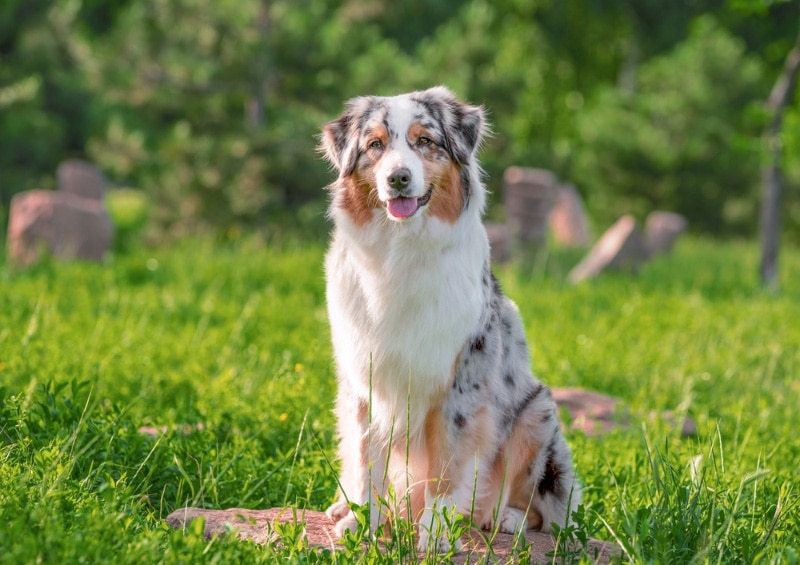
Click to Skip Ahead
Many introverted humans love the company of dogs, often more than they do people. But can dogs be introverts? People are quick to say yes, but sometimes, humans like to project their own personalities onto their pets. However, according to experts, dogs can be introverts, but that might not always look like what people imagine.
Can Dogs Be Introverts?
Yes. According to dog behaviorists and trainers, dogs can be introverts much like humans can. In fact, most animals have enough personality variation to express an introvert and extrovert split. That includes other common domesticated animals like cats and horses, not just dogs. Just as with humans, introverted dogs are not necessarily anti-social. They also might not necessarily get along with introverted people, and they tend to be less likely to get along well with other dogs, even introverted ones. A dog’s personality is a complicated mixture of genetics, living situation, and life experiences.
But what exactly does it mean for your dog to be introverted? And how can you tell if your dog is an introvert?
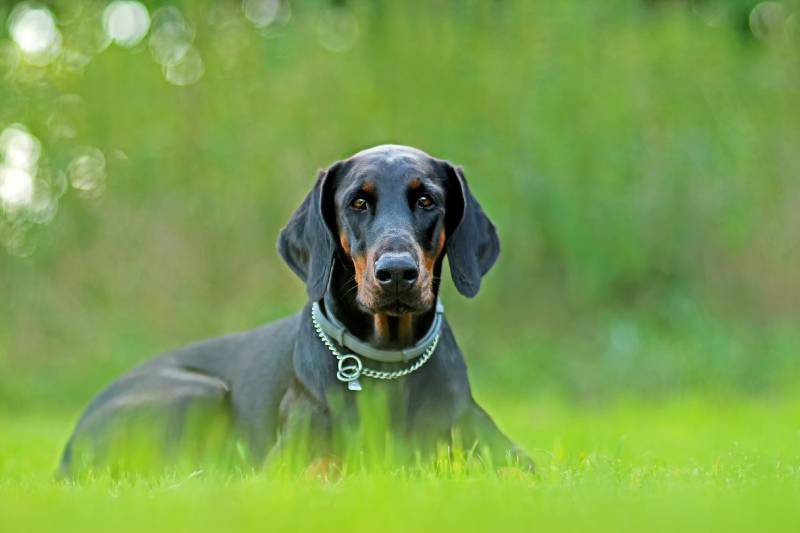
What Does It Mean to Be an Introvert?
Introverts are typically shy, introspective (hence the word) and reserved. Introverts are not necessarily anti-social, but they often need to balance social time with alone time to maintain their personality balance. Introverted dogs might like their owners and like playing with other dogs, but they may also like to spend quiet time by themselves, or just chilling quietly when they have the chance.
One of the simplest ways to define an introvert versus an extrovert is that introverts recharge by being alone or spending quiet time by themselves. Extroverts get energized by socialization. Extroverts start to feel angsty and down when they haven’t socialized in some time. Introverts start feeling angsty and down when they are socializing too much. If your dog seems energized by playing with other dogs or interacting with people, they might be an extrovert. If your dog seems to recharge by quietly snuggling or lying by themselves, they could be an introvert.
What Causes a Dog to Be an Introvert or an Extrovert?
There are two main things that influence whether your dog is an introvert or an extrovert: personality and experiences. A dog’s base personality is often determined by genetics or inherent traits that are acquired at birth. Certain life events can cause a dog to go from extroverted to introverted. For example, if a dog has a bad experience with a stranger, suffers from abuse, or gets injured while playing, they could develop introverted tendencies in response to these specific experiences. An introverted base personality combined with experiences that reinforce introverted behavior will often result in a stubbornly introverted dog. Conversely, positive interactions with people and other dogs and strong reinforcement in social settings can cause a dog to be more extroverted than they normally would be.
The exact mixture of experience, genetics, and personality is going to be different for every single dog, which leads to a wide variety of behaviors and results. It is often not possible to change a dog’s base nature from introverted to extroverted (or vice versa). If change does occur, it is usually very gradual over time in response to a variety of factors.

The 4 Ways to Tell If Your Dog Is an Introvert
1. They May Not Like Many Other Dogs
Have you ever met a dog and thought “whoa, you are way too much for me,”? Well, that can happen with our dogs as well.
Introverted dogs may not do well in situations where there are many other dogs present. For example, they might not enjoy going to the dog park when it is crowded. If there are numerous other dogs around, your dog might slink to the sidelines and stay out of the way of the main pack. This doesn’t mean that your dog can’t have doggy friends. Even introverted dogs can form bonds with one another. They just won’t thrive on the chaos and energy of a large group of dogs.
2. They Tend to Be Wary Around Strangers
Introverted dogs are often wary around strangers. There are some dogs that have never met a stranger in their life and will go up to almost anyone. Introverted dogs are not like that. Introverted dogs may treat new people with suspicion and will always prefer their people or their owners to strangers or unfamiliar people.
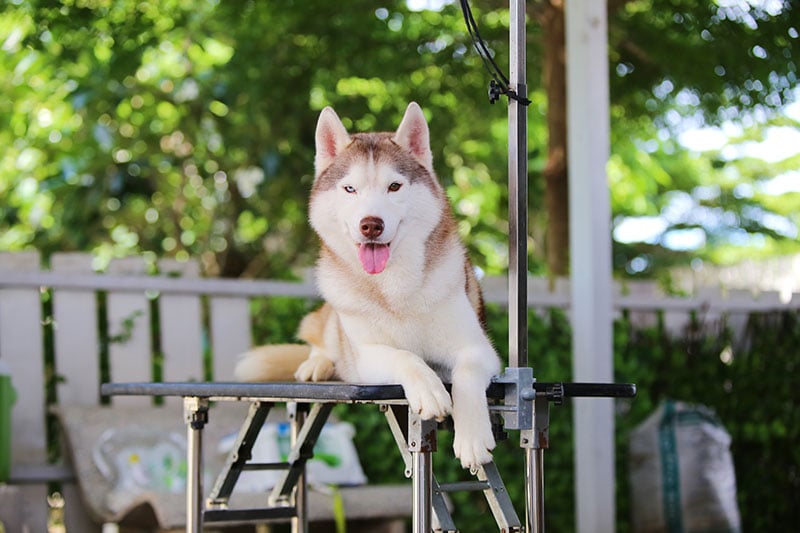
3. They May Be Selective in Their Interactions With Others
Introverted dogs will be much more careful with their interactions with people and dogs than extroverted dogs. Some extroverted dogs will run up to almost any dog or person and try to initiate play. Introverted dogs are more cautious. They might still choose to interact with others, but they will take their time, think it through, and go slowly, especially at first. Introverted dogs are much more likely to decline an invitation from people or dogs to play than extroverted dogs. The same goes for accepting food such as treats or snacks.
4. They Tend to Have Good Focus
Due to their calm nature and cautious personalities, introverted dogs often have better focus than extroverted dogs. Extroverted dogs often get overly excited and distracted in new situations, which can make it hard for them to listen or focus on their owners. Introverted dogs are the opposite. They will often look to their owners for guidance in new situations and will focus on the task at hand.

How to Handle an Introverted Dog
One of the biggest differences between introverted dogs and extroverted dogs is how they respond to people. Introverted dogs tend to be much more sensitive. That means that yelling, using sharp language, making strong eye contact, or using pointed hand gestures are going to affect your introverted dog much more strongly than they would an extroverted dog. This can make it easier to correct your introverted pup, but it can also cause them to feel anxious and can make their introverted tendencies stronger. Using strong discipline with an introverted dog could cause them to become more withdrawn.
You might want to consider being more gentle and more considerate of your introverted dog, considering their strong response to discipline in most situations. Try to use rewards or ignore bad behavior for minor transgressions.
Another thing to avoid with your introverted dog is trying to force them, or even strongly encourage them, to play with other dogs. This is more likely to make them feel stressed or panic, which could result in defensive behaviors. Reward positive experiences with praise, but don’t force it.
Final Thoughts
So now you know that dogs can indeed be introverted. Introverted dogs have some distinct personality traits that are often obvious when compared to extroverted dogs, but not always. Just like with people, there tends to be a spectrum of introvert and extrovert qualities, rather than an either/or situation. Introverted dogs will approach social situations, strangers, and discipline differently than extroverted dogs. Knowing whether your dog is an introvert or an extrovert can help you interact with them in a more positive way.
See Also:
Featured Image Credit: ChocoPie, Shutterstock


